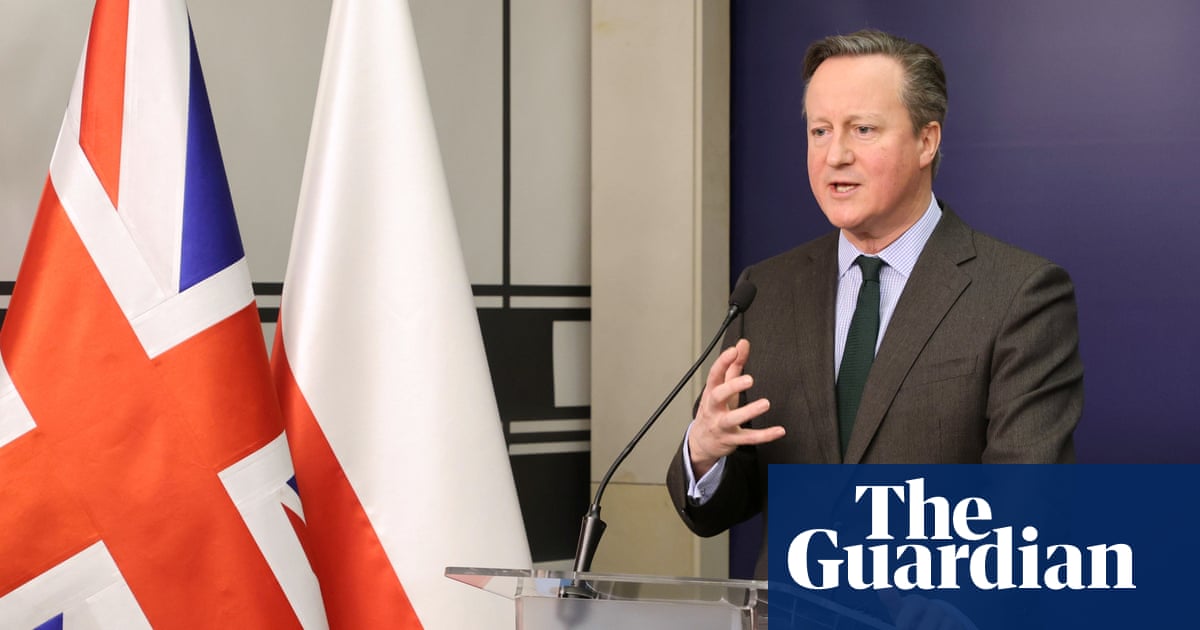
Recent reports that the White House is proposing a new formula for countries who host American troops to reimburse the US has raised eyebrows both in Washington and around the world.
As reported, the so-called “cost plus 50” proposal would require any country hosting US troops to pay the full cost of basing these troops plus an additional 50 percent surcharge for the privilege of doing so.
It is clear why a proposal like this would be tempting for President Donald Trump. For years, he has rightly criticized many of America’s allies for not spending enough on defense. There is a common perception across much of America that the US taxpayer, by funding tens of thousands of troops overseas, is indirectly funding generous welfare programs — especially in Europe — since money allocated for welfare would otherwise have gone to defense.
Although these are legitimate concerns, they fail to understand that America’s military presence overseas is, first and foremost, about US national interests. Of course, the presence of American troops abroad contributes to the collective defense of allies, but this is a consequence of, not the reason for, the troops being based overseas.
There are a couple of significant problems with the “cost plus 50” model. First, nobody knows what the definition of “cost” is. Does it include the salaries of the troops? What about routine medical care for them and their families? There are many unanswered questions.
Secondly, during a period of heightened tension between the US and many of its traditional allies, there is a concern that such a proposal could complicate relations further. Some US allies are making great efforts to step up their military spending and activity at the request of the Trump administration. This is especially true with several Gulf States and allies in Eastern Europe. A controversial proposal like “cost plus 50” could derail this progress.
Huge US garrisons overseas are no longer the fortresses of the Cold War, but the forward operating bases of the 21st century
Luke Coffey
Some argue that the Cold War is over, so “let’s bring the troops home.” This logic fails to understand that huge garrisons of American service personnel overseas are no longer the fortresses of the Cold War, but the forward operating bases of the 21st century. The US needs to have the capabilities available to react quickly to events in America’s interests.
For example, look at US forces in Europe. The number of troops there has attracted a lot of criticism, but the critics fail to see the bigger geopolitical picture. Do not look at Europe; look around it. From the Arctic to the Levant, from the Maghreb to the Caucasus, Europe is at one of the most important crossroads in the world. US bases in Europe provide American leaders with flexibility, resilience and options in the region.
In the Middle East, the US also faces numerous security challenges, whether from Iran threatening to close international shipping routes or transnational terrorism in the form of Daesh. US bases in the region allow American policymakers to better deal with these challenges, while at the same time helping the US military improve its interoperability with allies.
The same can also be said about the tens of thousands of US troops based in East Asia. Technically, the US continues to be in a state of war with North Korea. And China threatens to undermine regional stability and security, especially in the South China Sea.
Although the “cost plus 50” proposal has not been confirmed by the White House, such a model for reimbursement would be in line with Trump’s negotiating style. In the past, he has used the negotiating tactic of “going big,” only to agree to terms much different from where he started. A recent example is with South Korea. During recent talks with Seoul about the South Koreans increasing their contribution to the cost of basing US troops there, the administration started by asking for “cost plus 50” and then settled with an 8.2 percent increase.
It is also easy to see why a proposal like this is tempting for US lawmakers. Congress periodically goes through a painful exercise of picking military bases across the US to close down to save money. Closing down bases means cutting jobs, so doing this overseas is considered the politically easier option because it does not affect anyone’s electoral viability. But US national security should not be about politics, it should be about national interests.
It is clear that, when factoring America’s international interests and treaty obligations around the world, there is a good case for US forces to be stationed overseas. Whether preparing for deployment to places like Syria, deterring Russia or Iran, confronting China, or protecting US embassies, the US can more quickly and effectively project power and react to the unexpected by using its forward-based troops in Europe, the Middle East and East Asia. Reducing this capability would only make the US weaker on the world stage.
Luke Coffey is director of the Douglas and Sarah Allison Center for Foreign Policy at the Heritage Foundation. Twitter: @LukeDCoffey
Disclaimer: Views expressed by writers in this section are their own and do not necessarily reflect Arab News" point-of-view












